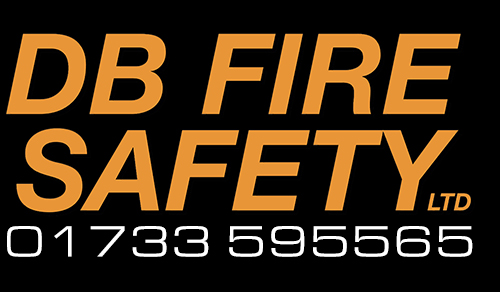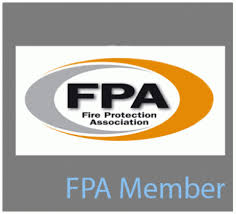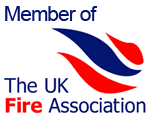Children in Lincolnshire could be putting their lives, and the lives of their families, at risk by charging their mobile phones in bed. Lincolnshire Fire and Rescue are recommending that parents are to check where their children are charging their mobiles phones at night.

Research has revealed that 53 per cent of children are charging their phone or tablet either on their bed or even under their pillow. This is an extremely dangerous practice. The heat generated cannot dissipate and the charger will become hotter and hotter. The likely result is that pillows will catch fire – thus placing the child (as well as everyone else in the property) in great danger.
In the event that a fire should start, the chances are that the smoke generated will render your child unconscious before he or she wakes up. If there is no smoke detector in the bedroom, others in the property are unlikely to be aware of the danger.
Best practice is that phone chargers should not be left switched on overnight. However, if it is necessary to charge your mobile phone up overnight (and many of us do), ensure the charger and phone are not placed under pillows, on beds, or on papers or magazines. In other words, not on, or near to, anything that could easily catch fire.
The advice given above also applies to chargers for electronic cigarettes. REMEMBER – mobile phone batteries and battery chargers and chargers for electronic cigarettes do get hot.
If your older children own their own mobile phone or laptop, DB Fire Safety advice is to make sure that chargers are turned off and unplugged when not in use.
Another recommendation to parents is to keep chargers downstairs and not in their children’s bedrooms.

For more information in respect of mobile phone and electronic cigarette chargers or fire risk assessments, please give David Black a call on 0800 772 0559.
Peterborough based DB Fire Safety provides businesses and organisations with comprehensive fire safety support and specialises in carrying out fire risk assessments on behalf of landlords of HMOs (Houses in Multiple Occupancy).



